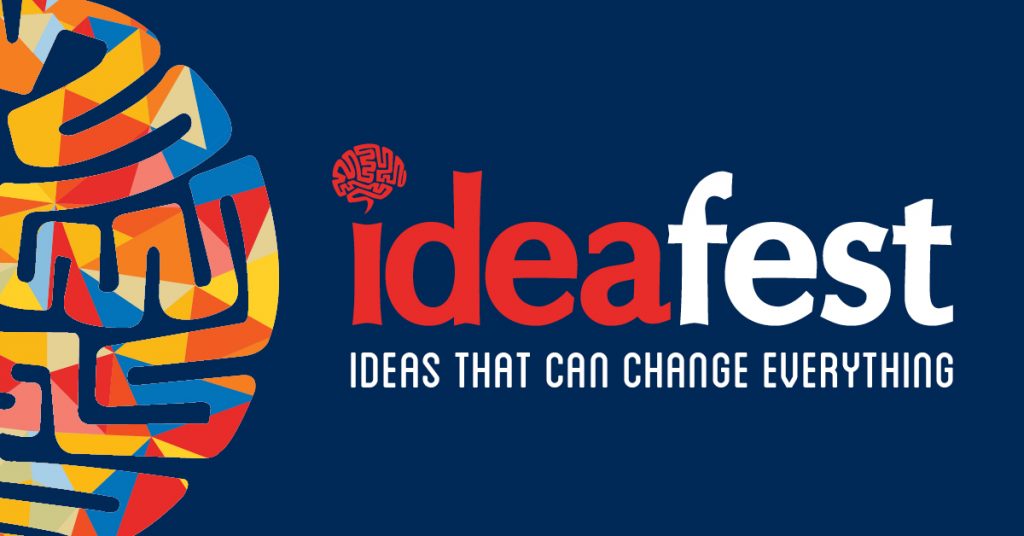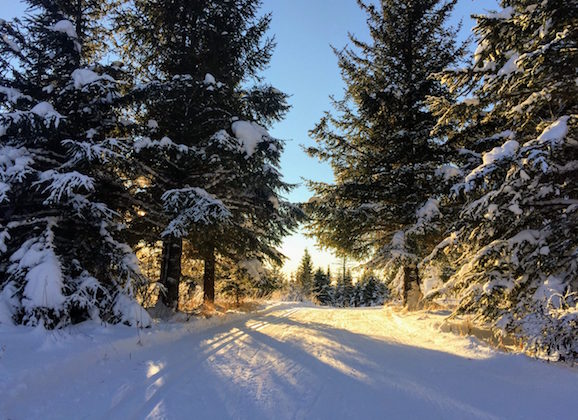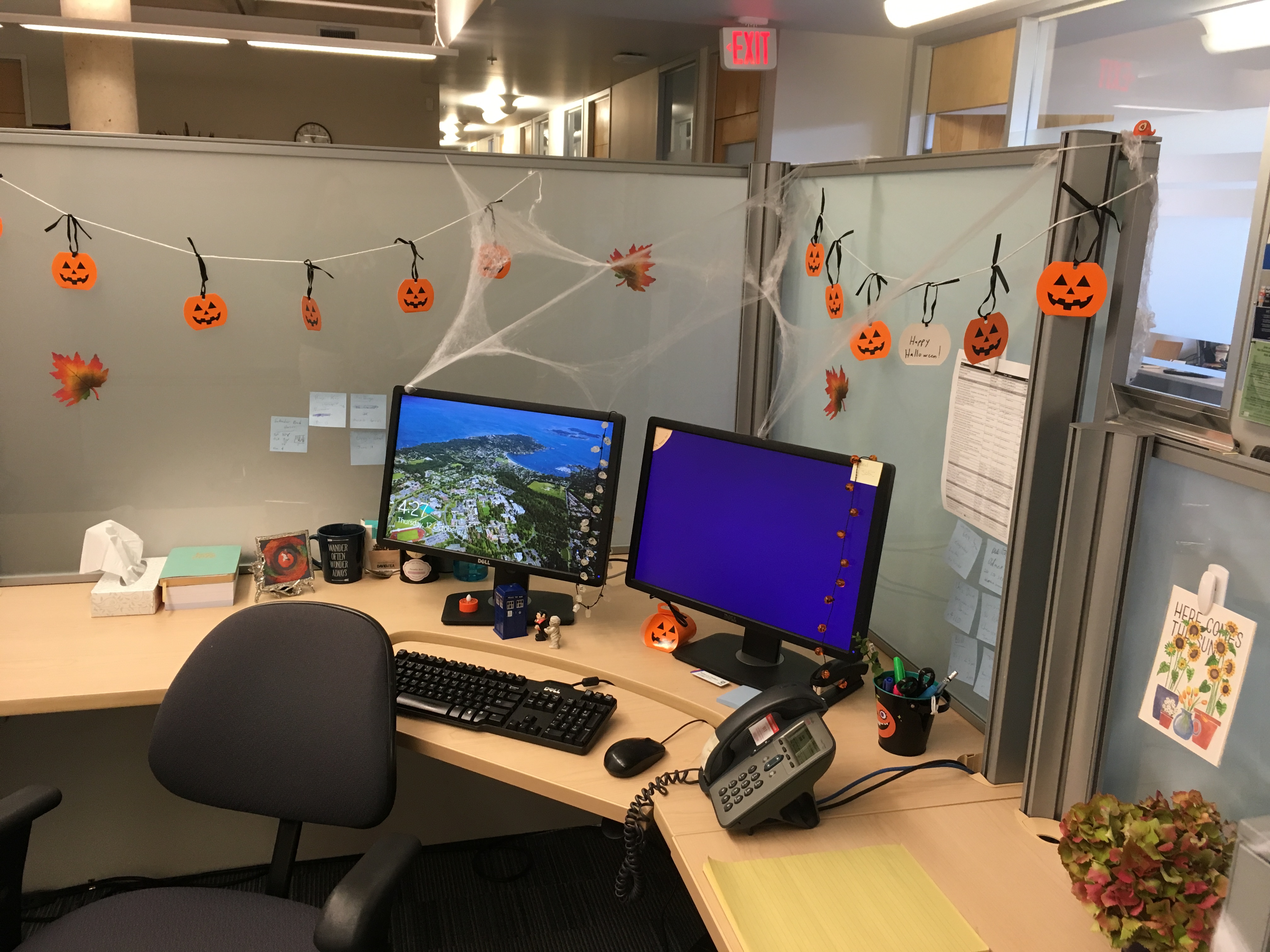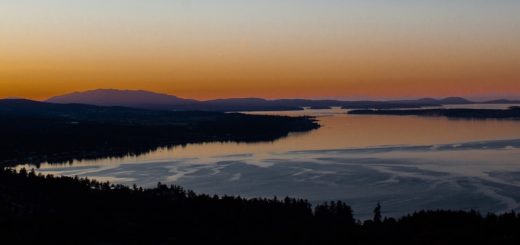Learning about climate change at Ideafest
Guest post by Kim Dias
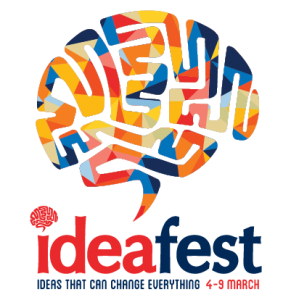 Ideafest, UVic’s week-long festival celebrating research and creativity, started today. For the next week, 40 events will be taking place on campus—everything from research panels to literary cabarets to grad students presenting their thesis in under three minutes.
Ideafest, UVic’s week-long festival celebrating research and creativity, started today. For the next week, 40 events will be taking place on campus—everything from research panels to literary cabarets to grad students presenting their thesis in under three minutes.
This evening, I attended “Climate Visions”, a series of short presentations followed by a panel discussion with UVic’s leading ocean experts.
I think we’re all familiar with the feeling that comes with discussions on climate change—hopelessness mixed with anxiety mixed with frustration. It often feels like if you’re not a politician, you can’t actually do anything that makes a difference. But tonight, the speakers emphasised the role communities play in helping climate change research. Scientists, Dr. Maia Hoeberechts emphasised, can only do so much on their own; she and her team rely on the observations and stories from local Indigenous community members as much as they rely on their data.
One particularly interesting way community-gathered data is currently being implemented is through The LEO Network, which Dr. Tom Okey talked about tonight. The LEO Network relies on communities to make note of any unusual weather, environmental, or animal patterns and share them in an easily-accessible way. The LEO Network is made up of experts and local observers, working together to gain knowledge.
I left “Climate Visions” feeling less helpless than I usually do after any discussions on climate change. It’s still scary. Of course it is—sea ice is growing thinner each year; animal patterns are changing; extreme weather events are growing more and more frequent. But one thing Dr. Hoeberechts said really stuck with me: you can’t do anything if you feel anxious and helpless. You can implement change if you remain optimistic; it’s only with optimism that we will try.
Ideafest ends on March 9. You can find a full list of Ideafest events on their website.

